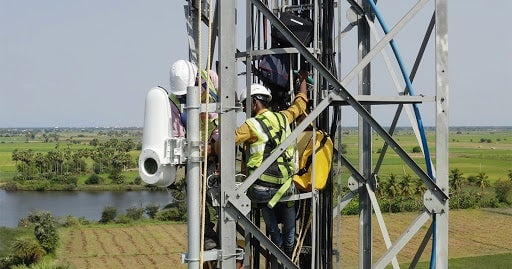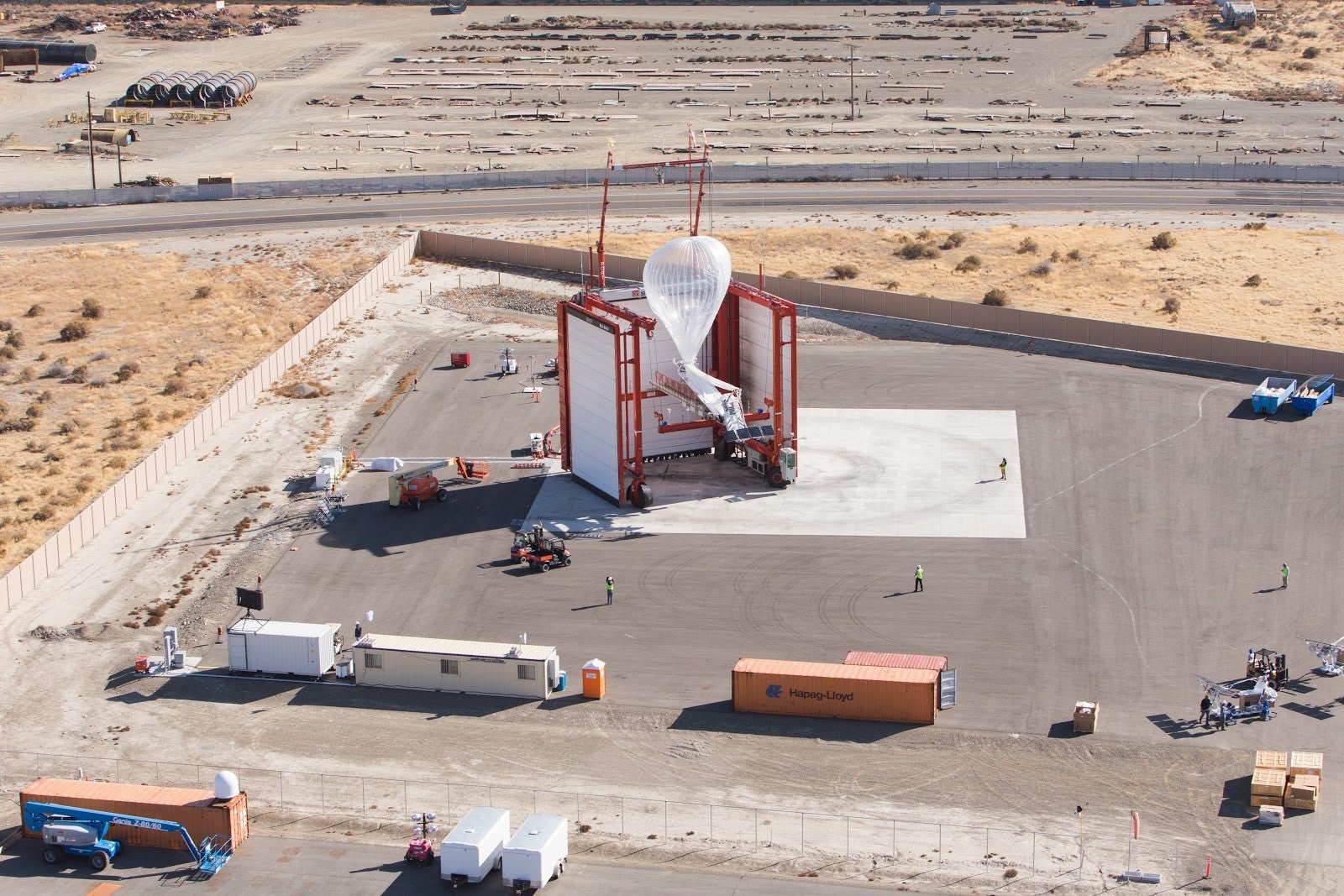Google is working on delivering super-fast internet in Africa with experimental light beams
Google’s latest attempt to power internet connectivity in Africa will involve invisible light beams transmitted at high altitudes.


Google’s latest attempt to power internet connectivity in Africa will involve invisible light beams transmitted at high altitudes.
Through “Project Taara,” Alphabet, Google’s parent company, is kicking off plans to provide high-speed internet over long distances using beams of light. Essentially, the project’s technology will allow for high-speed data transmission through invisible light beams between Taara terminals mounted on high up on existing towers or rooftops. Each link between terminals is projected to be able to transmit bandwidth of up to 20 gigabits per second and cover distances of up to 20 kilometers.
As part of a pan-African roll-out which will start in Kenya, Project Taara has partnered with telecoms operator Econet to equip its towers with Taara terminals to transmit beams and create links. The project has also been trialed in India and Mexico.

The move is the latest attempt by X (formerly known as Google X), Alphabet’s “moonshot factory”, which has a stated goal of enabling affordable and high-speed internet access for over 4 billion people who currently lack access and endure slow speeds. Given the prohibitively high costs of internet access and the slow speeds across Africa, the continent has become a key focus area of the moonshot factory’s ambitions. In July, it launched Loon—technology that saw balloons deployed above eastern Africa to deliver internet connectivity to the region.
One reason why Google’s efforts are focused over ground is that that the cost and difficulty of laying underground fiber cables represent a major barrier to connectivity in African cities. For instance, in Lagos, Africa’s largest city, it will cost up to $12,900 per kilometer of fiber optic cable laid.

Getting millions of Africa online also comes at an obvious long-term benefit to Google: with the continent’s expected population boom, Africa represents a significant growth opportunity for the world’s largest tech firms like Facebook and Google are essentially betting big on facilitating internet infrastructure and, by extension, ensuring hundreds of millions of potential customers get online to use their services.
It’s why just as well as it is trying out experimental methods like Loon and Taara, Google has also taken on traditional internet infrastructure projects, including Equiano, an ambitious underwater cable project that will connect Portugal and South Africa and have 20 times the capacity of the most recent projects laid in the region.
Sign up to the Quartz Africa Weekly Brief here for news and analysis on African business, tech, and innovation in your inbox